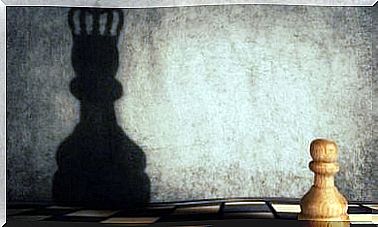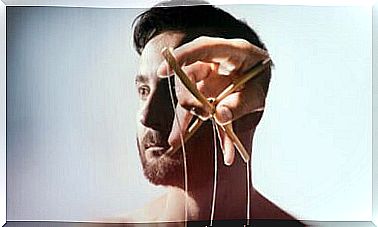Psychotechnical Tests, What Are They Used For?
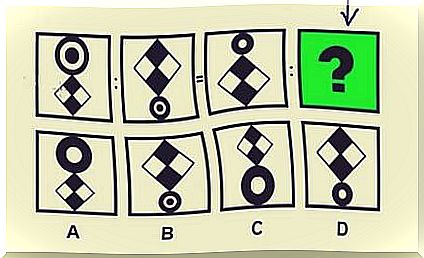
Psychotechnical tests are mainly used in the selection process of companies or during selective tests. Some fear them and others love to solve these logical or spatial reasoning problems. Regardless of the type of psychotechnical test, its function always has the same objective: to detect the aptitudes of a person as well as his skills and psychological profile.
This type of structured te s t does not fail to be criticized. We all know that in order to measure any psychological dimension or characteristic, it is always adequate to use different techniques and resources in order to obtain a wider range of information.
These tests offer nothing more than a grade and a first entry into the skills that a person can demonstrate. They will be in adequacy or not with the necessary requirements for a position. Nevertheless, these data will later be observed thanks to scales and criteria in order to be able to have a more ample and truthful valuation.
So, selective tests such as Raven Matrices, Verbal Aptitude or Mechanism tests are actually quick filters that HR departments use during the first face of recruiting the most suitable candidates. Then, a personal interview is usually carried out.
For this reason, a large number of applicants are likely to practice this type of psycho-technical exercise with a view to obtaining a high score in the early stages of the selection process. These tests actually represent the first challenge that must be overcome in order to be able to pass to the next selective test.
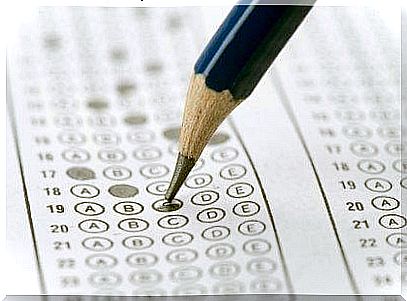
Psychotechnical tests: purpose and fields of application
Psychotechnical tests are multiple choice questionnaires. The principle is to choose an option among several possible answers in a fast and correct way. With these tests, companies or social organizations can obtain information on the personality as well as on a specific cognitive area that they would like to appreciate: attention, memory, problem solving, verbal or spatial skills, etc.
Thus, it is important to consider three aspects to value psychotechnical tests: the speed, the validity of the answers and the number of errors. On the other hand, studies like the one conducted by the University of Toulouse have presented an important fact that we cannot overlook. This type of test must be evaluated by specialized personnel.
Let’s see by following the areas in which these tests are applied on a daily basis.
Application fields
- Professional area : selective processes.
- Educational field : in order to enhance the intellectual capacities of the pupil, his development and his orientation preferences.
- Clinical sector : Psychotechnical tests are part of the normal work of the clinical psychologist. It doesn’t just value personality styles or abilities. These resources are also necessary for carrying out diagnoses, evaluating the presence or not of psychological deterioration, dementia, etc.
- Driver’s license and license to use weapons. Psychotechnical tests are essential in these areas. With them, we enhance the attention, reaction or visio-spatial aptitude of drivers. We also value the ability of people aspiring to own a weapon to use it properly.
Types of psychotechnical tests
We all went through a selection process one day during which the psychotechnical tests made us experience a real moment of tension or challenge. It should be said, however, that there are many people who train daily on this type of healthy exercise recommended as a source of pleasure.
It is a way to keep our cognitive processes up to date, train our attention, memory, spatial flexibility, verbal skills, etc. For example, we have access to games on the applications of our mobile phones or to tests that are freely accessible on the Internet.
Let us now see what types of psychotechnical tests exist and which are generally used the most.
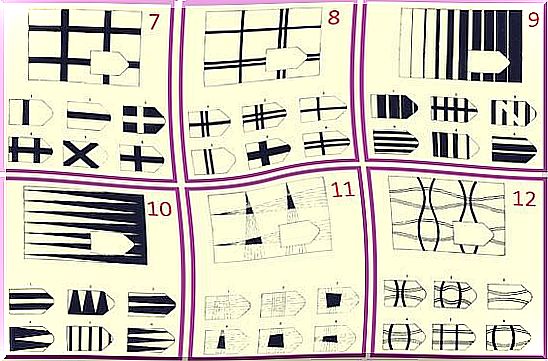
Verbal aptitude test
- They measure the ability to understand and express concepts through words.
- There are exercises in spelling, synonyms and antonyms, verbal comprehension, incomplete sentences, spelling rules …
Digital aptitude test
- This type of psychotechnical test measures the ability to understand and work with digital operations.
- We can find classic problems, as well as additions, subtractions, multiplications and divisions, fractions, powers, roots, percentages, equations …
Spatial aptitude test
- The spatial aptitude tests are arguably the most interesting. They invite us to differentiate shapes, volumes, distances and positions in space …
- Generally, incomplete figures are presented, or even puzzles, figs to mentally turn to understand a situation, etc.
Abstract reasoning test
- In this type of testing, we analyze a person’s ability to observe and organize information in a logical way.
- We need to allow our deductive mind to express itself by observing a series of letters, shapes, cards or coins in order to give the correct answer.
Attention and memory test
- This type of testing is very common in selective processes for jobs where attention is very important. For example in factories, or within industries requiring irreproachable attention of their employees to their task.
- These tests measure the ability to pay attention while performing a repetitive and monotonous task. For this, visual memory exercises are generally used, or reading memory, reading numbers or words and then transcribing.
How can you pass psychotechnical tests successfully?
As noted earlier, many people train for these types of skills; whether for personal interest or to succeed in a selective process. The ideal is to create a large battery of tests and run them at home, learning from your mistakes and doing as many tests as possible in a short period of time.
The following tips are also very good to follow:
- While training to do this type of exercise effectively, we must learn to control and manage our anxiety during selective testing.
- It is important to read the instructions carefully, follow the rules presented by the examiner, and make sure not to miss a practice page.
- When examples are present for the exercises, it is important to analyze them carefully. Don’t rush into thinking you can do it all.
- Time is important. If you get stuck on one question, it’s important to move on to the next one, leaving the more difficult ones for last.
- Once the test is over, read it again.
- Remember that this type of psycho-technical testing is guided by logic. Use common sense.
To conclude, as this type of test is more and more common, it is important to familiarize ourselves with it. Whether or not we have it in mind to go through a selective process. Indeed, it is always beneficial to train our brain in this type of skill.



